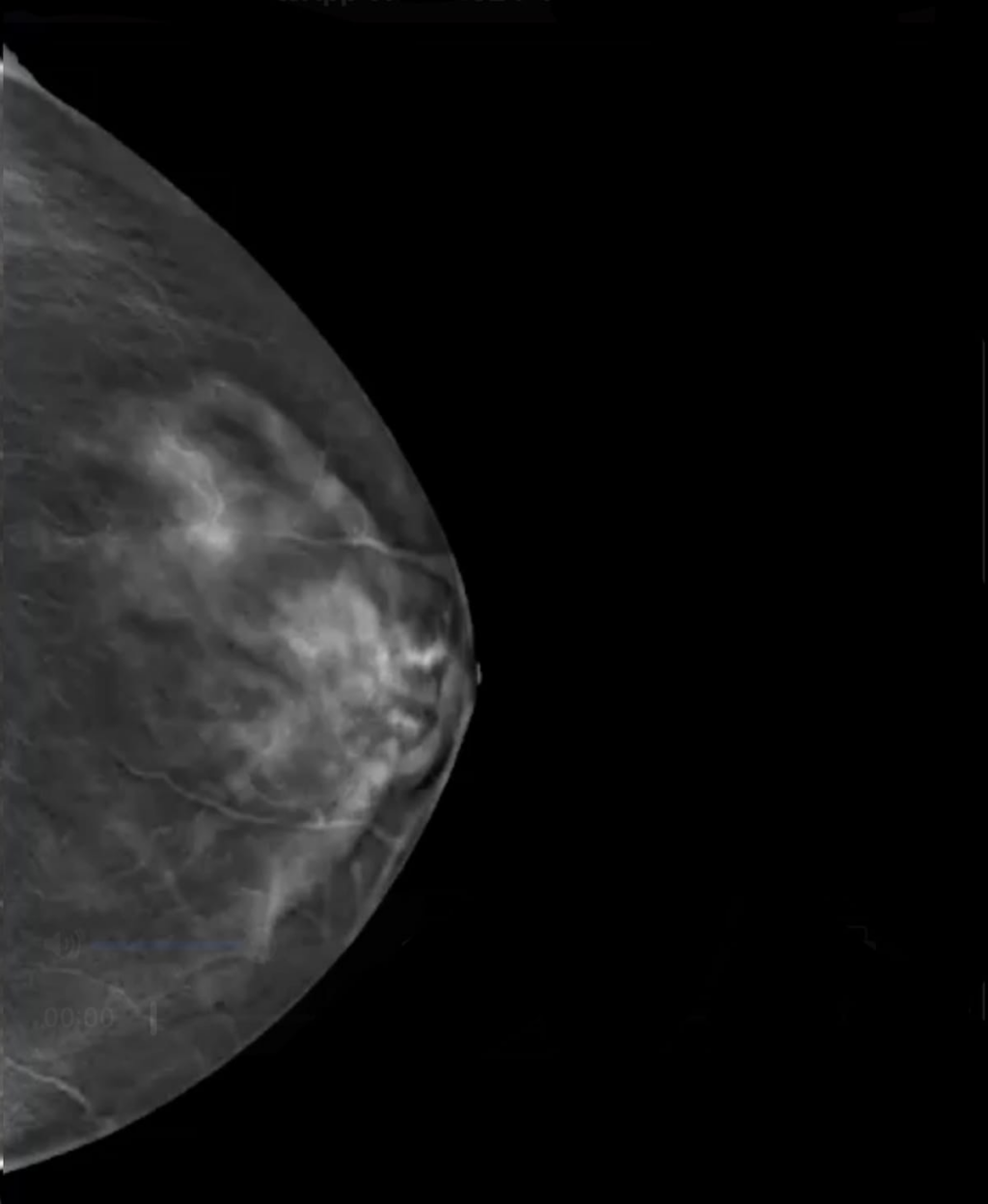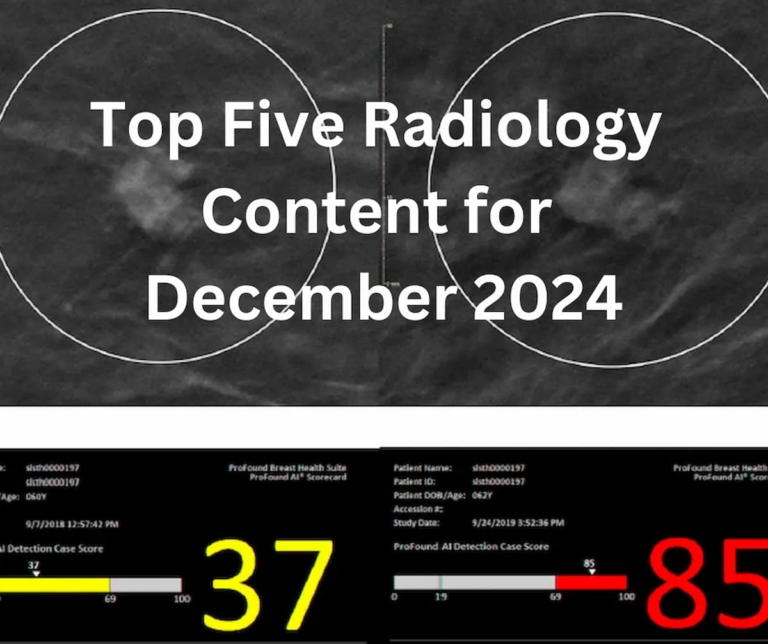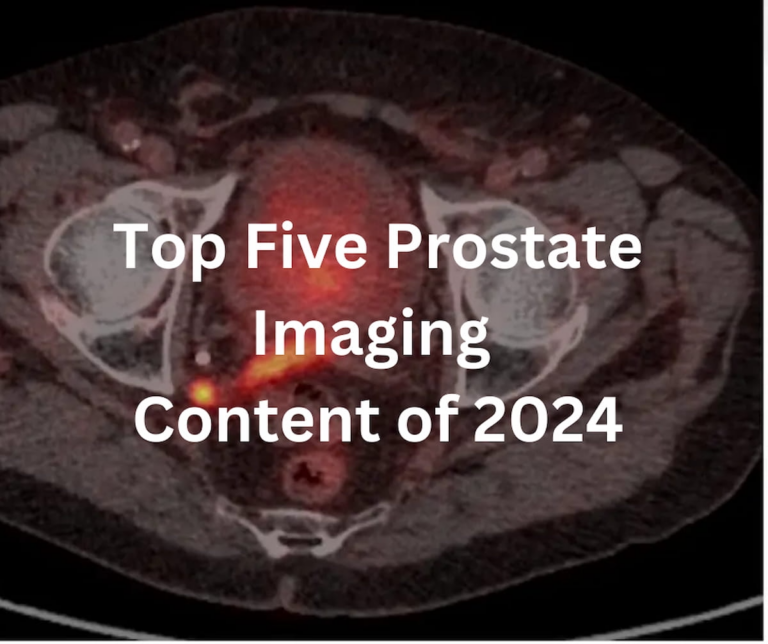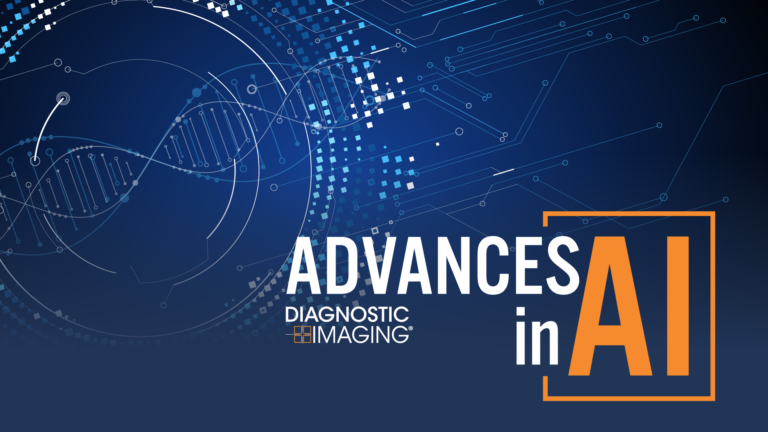
The SmartMammo Dx software, which incorporates a suite of artificial intelligence (AI) tools designed to enhance breast cancer detection through digital breast tomosynthesis (DBT), has received broadened approval from the Food and Drug Administration (FDA). Originally cleared for use in 2021 with Hologic mammography systems, SmartMammo Dx, a product of DeepHealth under RadNet, is now authorized for use with the GE HealthCare’s Senographe Pristina mammography platforms.
SmartMammo Dx distinguishes itself by assigning suspicion levels specific to findings and cases of potential breast cancer, based on the identification of soft tissue lesions and calcifications seen on DBT exams. This software upgrade, which now extends to GE HealthCare’s mammography systems, aims to improve diagnostic processes. According to DeepHealth, utilizing SmartMammo has resulted in detecting 23% more breast cancer cases in women with dense breast tissue and 20% increase in detection rates among African American women.
“This FDA clearance expands access to high-quality breast cancer screening for more patients,” said Kees Wesdorp, president and CEO of DeepHealth. “With SmartMammo enhancing cancer detection capabilities now on GE HealthCare’s systems, more healthcare providers can leverage AI to redefine radiology workflows. This will address critical challenges in the imaging value chain, thus improving speed, accuracy, operational efficiency, and ultimately, patient care.”
This development marks a step forward in the battle against breast cancer, particularly for high-risk groups. The integration of AI technology in screening processes underscores a significant advancement towards more accurate, efficient, and equitable healthcare solutions. By combining cutting-edge technology with detailed imaging, SmartMammo Dx empowers radiologists to make more informed decisions, enhancing the efficacy of cancer screenings and improving outcomes for diverse patient populations.
Overall, the FDA’s expanded clearance of SmartMammo Dx is a promising leap in utilizing AI to optimize breast cancer detection, particularly benefiting women who are often at a higher risk due to dense breast tissue or genetic factors.


